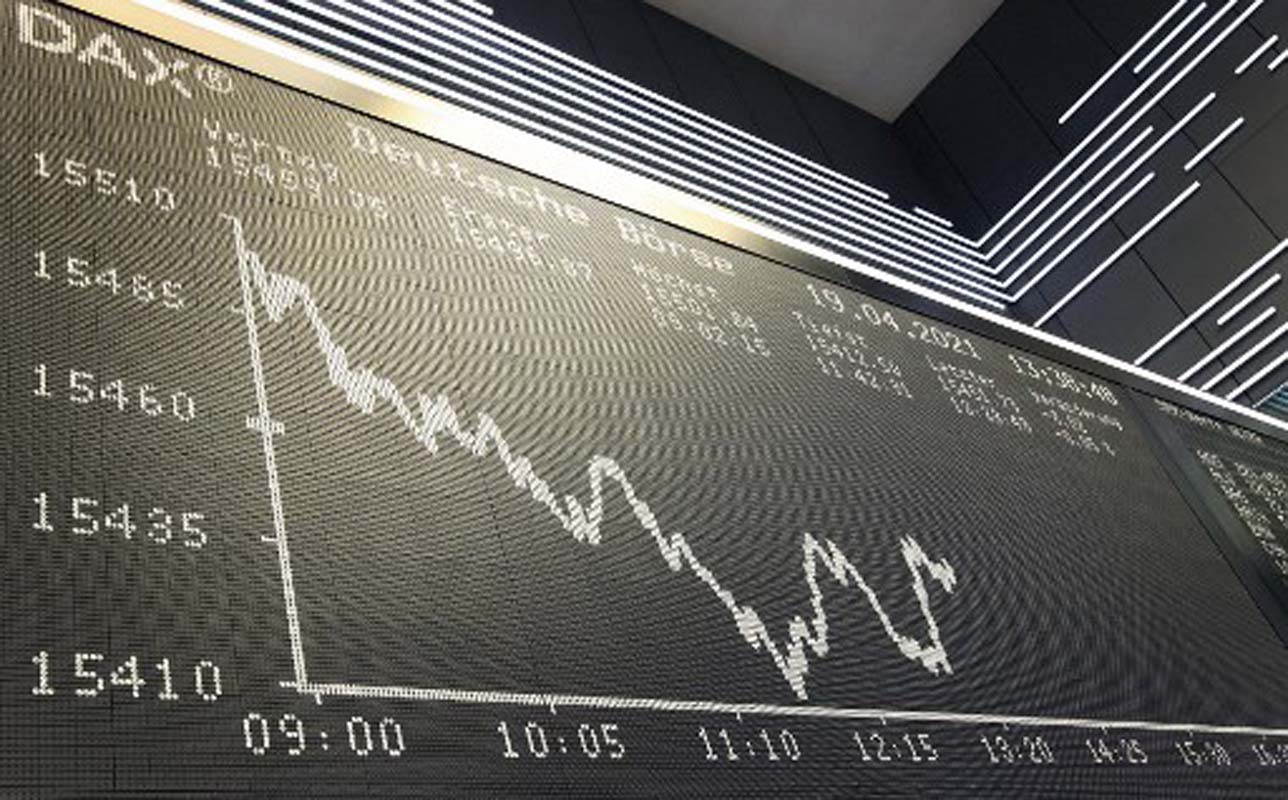
403
Sorry!!
Error! We're sorry, but the page you were looking for doesn't exist.
Asian Central Banks navigate economic challenges in 2024
(MENAFN) Asian central banks experienced a turbulent year in 2024, as the People's Bank of China (PBoC), Hong Kong’s Monetary Authority (HKMA), and South Korea's Bank of Korea adopted monetary easing measures, while Japan’s Bank of Japan (BoJ) raised interest rates for the first time in 17 years.
As global economies adjusted to changing economic landscapes, Asia’s central banks responded with substantial shifts in their monetary policies throughout the year, driven by efforts to combat inflation and tackle regional economic pressures.
The PBoC and the Bank of Korea each implemented two rounds of interest rate cuts, while the HKMA reduced rates three times. In contrast, the BoJ, which had kept interest rates at ultra-low levels for years, reversed its policy, ending the year with two rate hikes.
The PBoC notably reduced its one-year borrowing rate (MLF) by 20 basis points in July and 30 basis points in September, bringing it to 2 percent by the end of the year. The MLF rate, a key tool in the PBoC's monetary policy, allows Chinese banks to obtain medium-term loans from the central bank in exchange for securities.
As global economies adjusted to changing economic landscapes, Asia’s central banks responded with substantial shifts in their monetary policies throughout the year, driven by efforts to combat inflation and tackle regional economic pressures.
The PBoC and the Bank of Korea each implemented two rounds of interest rate cuts, while the HKMA reduced rates three times. In contrast, the BoJ, which had kept interest rates at ultra-low levels for years, reversed its policy, ending the year with two rate hikes.
The PBoC notably reduced its one-year borrowing rate (MLF) by 20 basis points in July and 30 basis points in September, bringing it to 2 percent by the end of the year. The MLF rate, a key tool in the PBoC's monetary policy, allows Chinese banks to obtain medium-term loans from the central bank in exchange for securities.

Legal Disclaimer:
MENAFN provides the
information “as is” without warranty of any kind. We do not accept
any responsibility or liability for the accuracy, content, images,
videos, licenses, completeness, legality, or reliability of the information
contained in this article. If you have any complaints or copyright
issues related to this article, kindly contact the provider above.

















Comments
No comment